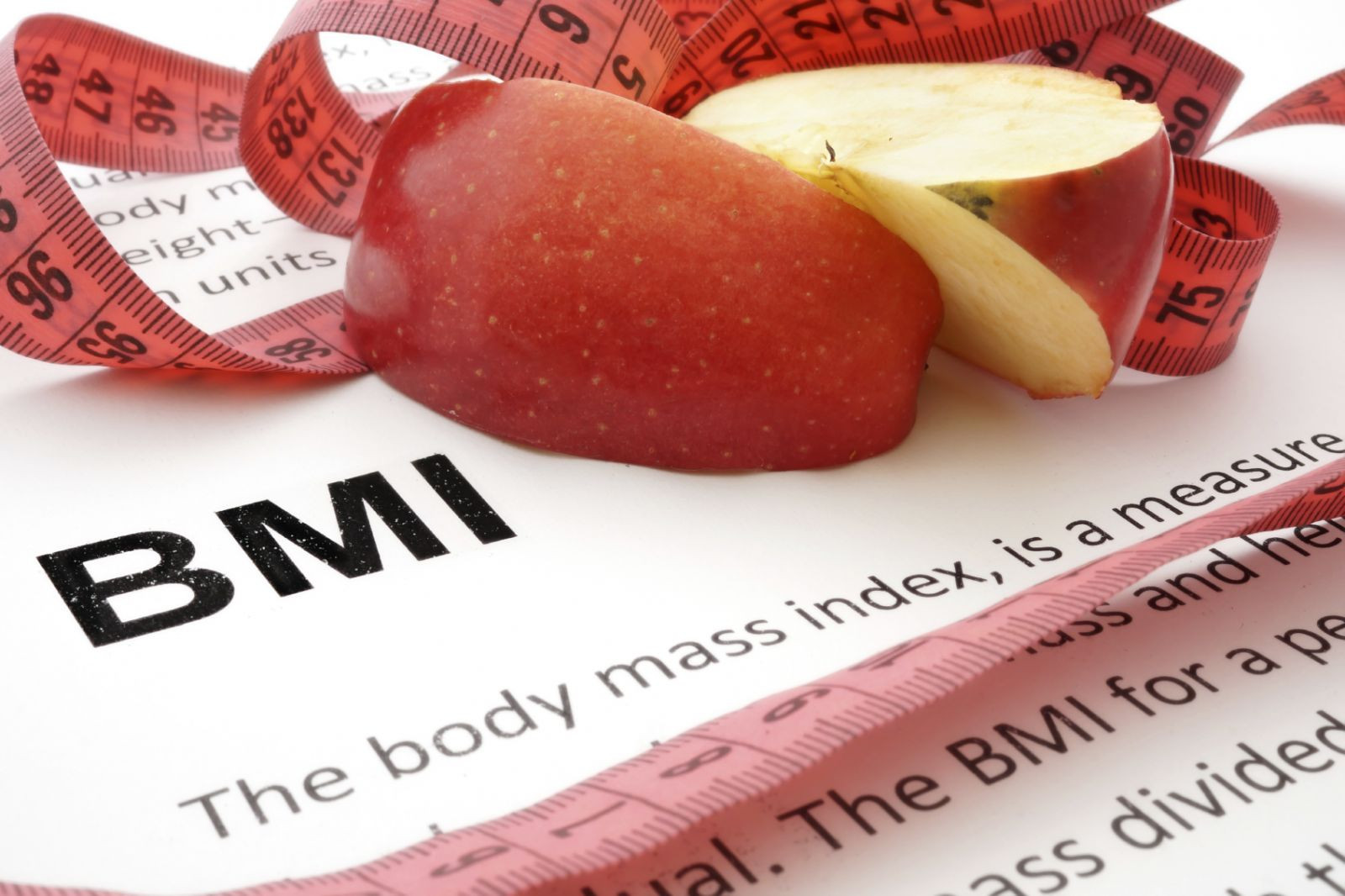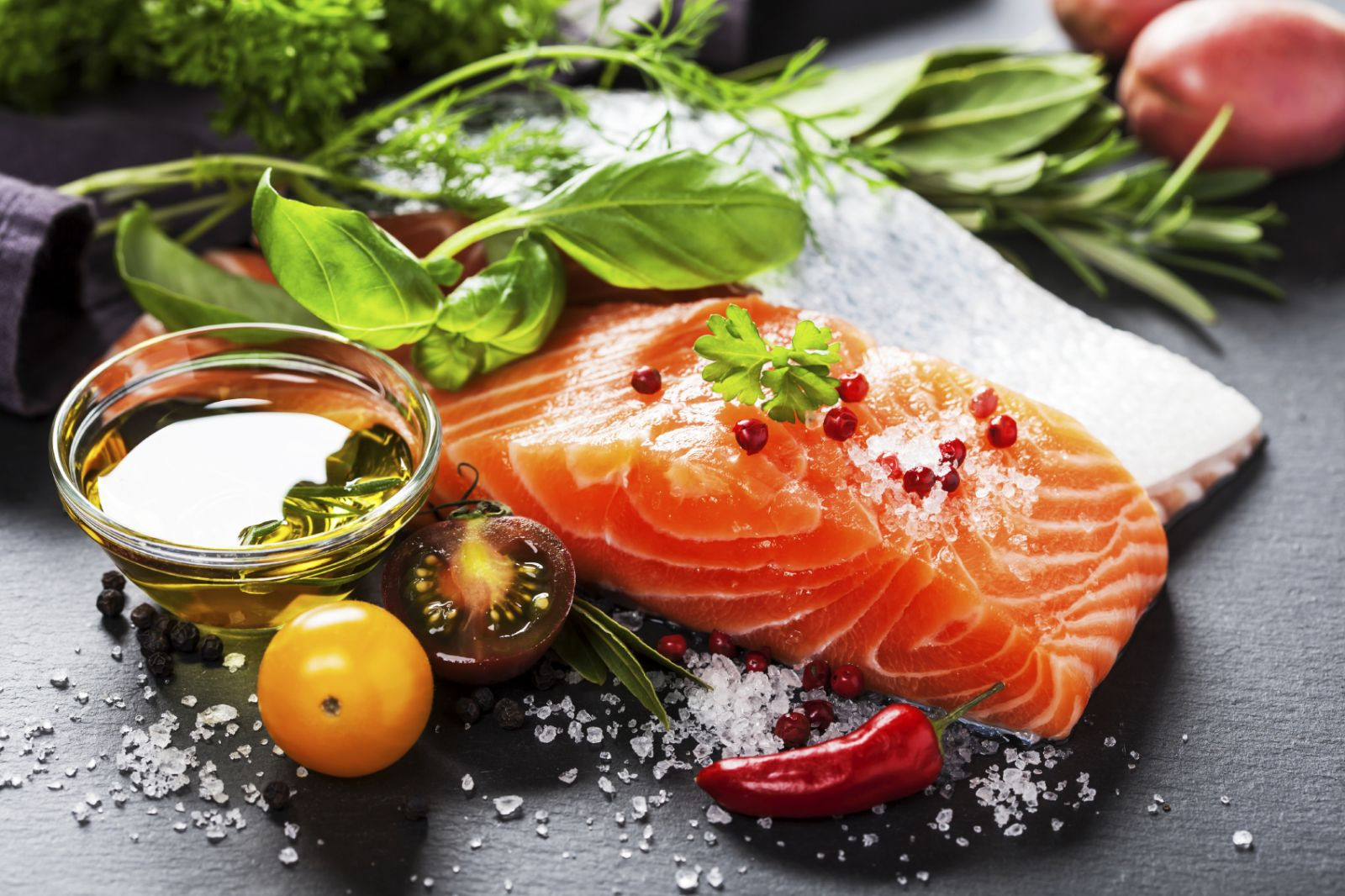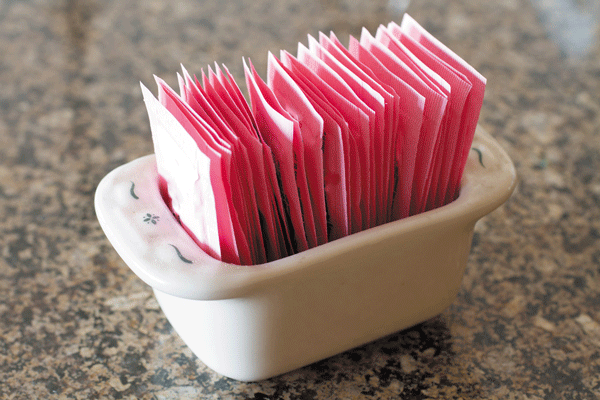
New thinking about plaque in arteries that feed the brain

Want to prevent shifting teeth? Maybe you need retainers

New evidence that polyphenol-rich foods help the heart

What you need to know about the new dietary guidelines

Food that’s healthier for people and planet can be cheaper, too

What are somatic workouts?

How to curb your stress eating

8 simple ways to reduce ultra-processed foods in your diet

How to spot Parkinson’s disease symptoms

Heart failure symptoms in women: How they’re different
Diet & Weight Loss Archive
Articles
Exercise: It does so much more than burn calories
You’ve probably heard that if you want to lose weight, it’s as simple as “eat less, exercise more.” A recent study suggests that a lot of exercise doesn’t always translate into a lot of extra calories burned. But even if you never lose a single pound with exercise, it has so many other benefits for your body and mind that it’s always worth it to be active. Give it a try today!
Why controlling your weight lowers your risk of diabetes
Inflammation is an important link between obesity, elevated blood sugar, and type 2 diabetes.
Weight loss can reduce inflammation—a major contributor to diabetes.
Image: tetmc/Thinkstock
We've known for a long time that being overweight is a major risk factor for developing type 2 diabetes. But only in the last 20 years have researchers determined that metabolism and immune responses are linked and that chronic inflammation plays an important role in the development of obesity, diabetes, and related metabolic diseases. "Inflammation is not only associated with obesity, diabetes, and cardiovascular disease, but also precedes and predicts these conditions," says Dr. Allison Goldfine, head of the Clinical Research section at Harvard-affiliated Joslin Diabetes Center.
Weighing in on the value of the body mass index
Your BMI estimates your body fat better than the number on a scale. But a tape measure is an equally important tool.
As your BMI rises above 25, so does your risk for developing high blood pressure, diabetes, and cardiovascular disease.
Image: designer491/iStock
The body mass index (BMI), a measurement derived from the relationship between your weight and your height (see box), is a common way to estimate body fat. It's a simple, fast, and essentially free tool that enables doctors to help identify people who might be at risk for health problems—including cardiovascular disease—that are linked to excess body fat.
Could lack of sleep trigger a food “addiction”?
Many people cite a lack of “motivation” or “willpower” as the reason that overweight people can’t control their eating habits. But a wealth of evidence has come to light that obesity is linked to insufficient sleep. Most recently, an experimental study has found that restricted sleep can increase the levels of brain chemicals that make eating pleasurable. Could it be that insufficient sleep makes the brain addicted to the act of eating?
The missing rewards that motivate healthy lifestyle changes
Ask anyone who’s ever tried to make a healthy change — after a while, the motivation to keep at it just stops. Indeed, it can be incredibly hard to break old habits, or make new ones. But research has revealed that there are actually two different types of rewards in the brain — and that focusing on the less commonly pursued of the two can help you make lasting changes.
Mediterranean diet beats low-fat diet for long-term weight loss
Image: Bigstock
The popular eating pattern that's good for your heart—the Mediterranean diet—is also good for your waistline, according to a review of five studies that compared the Mediterranean diet with other weight-loss diets.
The trials, which included a total of 998 overweight or obese people, pitted the Mediterranean diet (which is rich in vegetables, fruits, grains, beans, and olive oil but light on meat, dairy, and eggs) against one or more of three other diets: a low-fat diet, a low-carb diet, and the American Diabetes Association (ADA) diet.
What's new in nutritional guidelines?
The USDA recently updated its recommendations for healthy eating. Here are the takeaway messages for men.
Images: Thinkstock
Every five years, the USDA releases its Dietary Guidelines for Americans—advice to encourage healthier eating patterns based on the latest nutritional science.
"While there is a lot of nutritional information out there, the guidelines are the foundation for many government food programs, and many men can benefit from their recommendations," says Katherine McManus, director of the Department of Nutrition at Harvard-affiliated Brigham and Women's Hospital.
Are artificial sweeteners safe?
Ask the doctor
Image: Thinkstock
Q: My doctor advised me to give up my soda habit, but I was thinking about switching to diet soda. What is your advice about the safety of artificial sweeteners?
A: I support your decision to decrease the amount of added sugar in your diet, but it is less clear if artificial sweeteners are the answer. These sugar substitutes do appear to be safe when consumed in usual amounts. Initial studies in rats, performed decades ago, raised a possible link to bladder cancer, but no subsequent studies in humans have confirmed this relationship.
Why Harvard experts have a beef with the new meat guidelines
The final recommendations do not specify limiting consumption of red and processed meats, which have been linked to cancer risk.
Image: Thinkstock
The report of the Dietary Guidelines Advisory Committee, released in February 2015, suggested that the then-forthcoming update to the Dietary Guidelines for Americans adopt several changes from previous versions. It advised limiting added sugars to 10% of calories; removing the ceiling on dietary fats as long as saturated fat comprises no more than 10% of calories; and limiting consumption of red and processed meat.
When the final guidelines were released by the Department of Health and Human Services (HHS) and the Department of Agriculture (USDA) in January 2016, the caveat on red and processed meat was missing. Through that omission, the guidelines "censored conclusions of the scientific advisory committee," according to a statement on the website of the Harvard T.H. Chan School of Public Health. Dr. Frank Hu, Harvard professor of nutrition and epidemiology, was a member of the federal Dietary Guidelines Advisory Committee, which spent two years reviewing reams of scientific evidence on diet and health and drafting the guidelines that were submitted to HHS and USDA. "Although there are some areas of improvement in this edition over previous ones, some simple but important recommendations are watered down, especially reducing consumption of red and processed meat," he says.
Ask the doctors: How much fruit can I eat and stay within the sugar guidelines?
Ask the doctors
Q: I just read that we shouldn't be getting more than 10% of our calories from sugar. Should I cut back on fruit?
A: While it's a good idea to limit sugars from processed foods, you can worry less about eating too much fruit. In fact, one small study found no ill effects in people who ate 20 servings of fruit a day for 12 to 24 weeks.

New thinking about plaque in arteries that feed the brain

Want to prevent shifting teeth? Maybe you need retainers

New evidence that polyphenol-rich foods help the heart

What you need to know about the new dietary guidelines

Food that’s healthier for people and planet can be cheaper, too

What are somatic workouts?

How to curb your stress eating

8 simple ways to reduce ultra-processed foods in your diet

How to spot Parkinson’s disease symptoms

Heart failure symptoms in women: How they’re different
Free Healthbeat Signup
Get the latest in health news delivered to your inbox!
Sign Up











